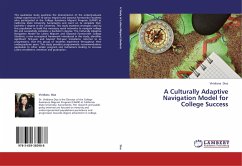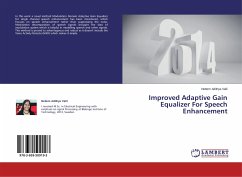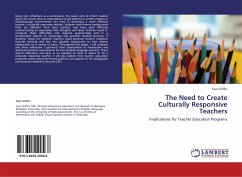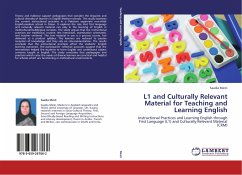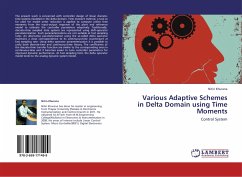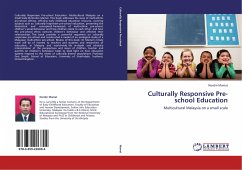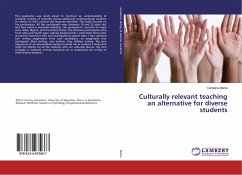This qualitative study examines the phenomenon of the undergraduate college experiences of 10 Latino migrant and seasonal farmworker students who participated in the College Assistance Migrant Program (CAMP) at California State University, Sacramento and went on to complete their bachelor's degree at the university. This study examines strategies used by this population to build the necessary social networks to navigate college life and successfully complete a bachelor's degree. The Culturally Adaptive Navigation Model for Latino Migrant and Seasonal Farmworker College Students, a new conceptual framework introduced in this study, identifies significant first-year and beyond first-year transitions, referred to as progressions, that this group of students experience throughout their undergraduate years. This study provides programmatic recommendations applicable to other similar program and institutions looking to increase Latino enrollment, retention and graduation.
Bitte wählen Sie Ihr Anliegen aus.
Rechnungen
Retourenschein anfordern
Bestellstatus
Storno

